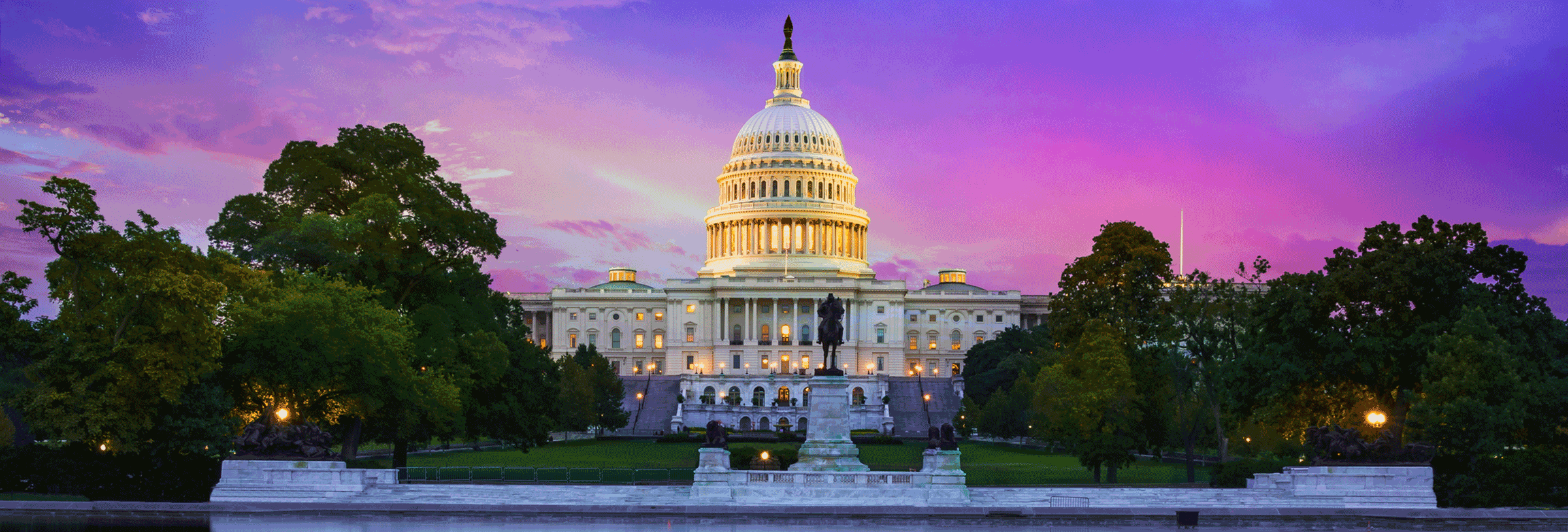Compliance Notes - Vol. 4, Issue 43
RECENT LOBBYING, ETHICS & CAMPAIGN FINANCE UPDATES
We read the news, cut through the noise and provide you the notes.
Welcome to Compliance Notes from Nossaman’s Government Relations & Regulation Group – a periodic digest of the headlines, statutory and regulatory changes and court cases involving campaign finance, lobbying compliance, election law and government ethics issues at the federal, state and local level.
Our attorneys, policy advisors and compliance consultants are available to discuss any questions or how specific issues may impact your business.
If there is a particular subject or jurisdiction you’d like to see covered, please let us know.
Until then, please enjoy this installment of Compliance Notes. If you would like to have these updates delivered directly to your in-box, please click below to subscribe to our Government Relations & Regulation mailing list.
Campaign Finance & Lobbying Compliance
Former FTX engineering chief Nishad Singh testified that he helped direct customer funds for the company’s own purposes, including political contributions. Prosecutors have focused on the tens of millions of dollars worth of campaign donations given to candidates by FTX and top executives, alleging that many of the contributions came through a straw donor scheme, meaning the funds were illegally donated in someone else’s name. In his testimony, Singh detailed how Bankman-Fried’s brother and his associates would donate using Singh’s bank account. Singh only needed to confirm emails from his bank, Prime Trust, that the massive sums of money flowing from his account were not fraudulent. Singh explained that while the funds initially came from his salary, his bank accounts were later seeded with money directly from Alameda Research, the trading firm associated with FTX. Singh testified that in September 2022, he became aware that Alameda’s capital came from FTX customer deposits, but he continued to receive money from Alameda that was then directed to political donations. (Leo Schwartz, Yahoo Finance)
Illinois: Shortly after Illinois lawmakers banned campaign contributions from the red-light camera industry, some lawmakers continued to accept contributions from red-light camera companies, records show. In May, the General Assembly passed a bill to ban campaign contributions from the red-light camera industry, which has been embroiled in a bribery scandal still unfolding in federal court. The measure, described by legislators as an important reform, was approved without dissent and signed into law on July 28, 2023. However, records from the Illinois State Board of Elections show that among those taking campaign contributions after supporting the prohibition was Illinois Senate President Don Harmon. Records show that Harmon’s campaign account accepted two contributions totaling $5,000 from Redspeed Illinois, a contractor operating red-light cameras in several Chicago-area municipalities. While the law bars contributions by red-light companies and their executives, the statutory language does not include a designated penalty. (Robert Herguth, Chicago Sun-Times)
Wyoming: A lawsuit challenging Wyoming’s law prohibiting campaigning within one hundred yards of a polling place on Election Day was struck down. The U.S. Court of Appeals for the 10th Circuit overturned a 2021 Wyoming federal district court decision that found the Cowboy State’s ban on electioneering within one hundred yards, or three hundred feet, of a polling place on Election Day violates the First Amendment. The appeals court found that because electioneering restrictions relate to the First Amendment–free speech and the right to vote without intimidation–restrictions on political speech can face intense scrutiny in law. (Leo Wolfson, Cowboy State Daily)
Government Ethics & Transparency
New York: A federal judge in New York sentenced a right-wing social media influencer to seven months in federal prison for spreading falsehoods via Twitter, now known as X, in an effort to suppress Democrat voter turnout in the 2016 presidential election. After a trial earlier in 2023, Douglass Mackey, who posted under the alias Ricky Vaughn, was convicted of the charge of conspiracy against rights. Prosecutors said Mackey, whom had 58,000 Twitter followers, conspired with others between September and November of 2016 to post falsely that supporters of Democrat Hillary Clinton could vote for her by text message or social media post. Before issuing his sentence, the judge said Mackey had been “one of the leading members” of a conspiracy that was “nothing short of an assault on our democracy.” (AP News)
Ballot Measures & Legislation
Michigan: The Michigan House Elections Committee approved a bipartisan legislative package to crack down on AI-generated deepfakes in election materials. The legislative package contains five bills that would require political messages to include disclosures of AI use, with repeat offenders facing felony convictions and two-year prison sentences. Anyone convicted of using deepfakes while attempting to sway an election could receive an up to five years prison sentence. Bipartisan support is one advantage Michiganders have to get the restrictions approved in time for the 2024 election. (MITechNews.com)
Wisconsin: A bill is moving through the Wisconsin legislature that would allow residents voting by absentee ballot to receive text message updates on the status of their vote. The Assembly Committee on Campaigns and Elections unanimously voted to advance the bill, that would allow voters to provide their cell phone number and get text updates when their absentee ballot application and, eventually, the ballot itself, is received by a local clerk. A person’s phone number could not be used for any reason other than the text updates, and it could not be made available under the state’s open records law. Legislators believe the text messaging tool could boost trust in voting by mail and be a helpful service for the 800,000 individuals who voted absentee in the 2022 election, numbers that are expected to grow in 2024 with the presidential race on the ballot. (Andrew Bahl, The Capital Times)
